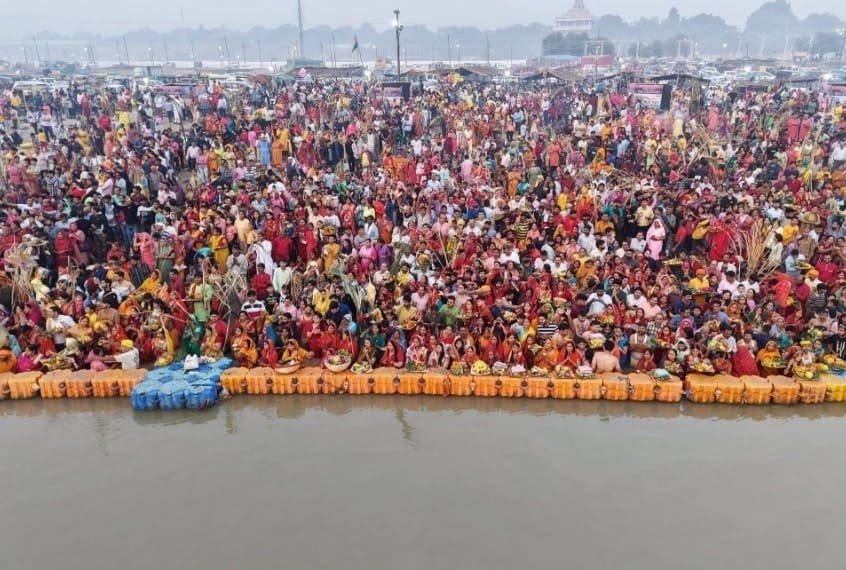
Bhopal, May 2 (IANS) Welcoming the Centre’s decision to carry out caste enumeration in the forthcoming national census, former Madhya Pradesh Chief Minister Kamal Nath on Friday said the decision would “pave the way for social justice” in the country.
Veteran Congress leader said that Prime Minister Narendra Modi-led Centre has taken this step due to mounting pressure from the opposition and asserted that the government should also disclose when the process of census would begin.
“Now, there is a need for the government to disclose the time frame within which it (census) will complete the caste census so that next phase of the process of social justice can begin the country,” Kamal Nath said in a statement on Friday.
Kamal Nath gave full credit to the Leader of Opposition (LoP) Rahul Gandhi, saying that the Congress leader spread the importance of caste census and its use in the new structure of the society. He said that Rahul Gandhi lead the fight for caste census from the front, hence he should be given full credit to this step.
“It is well known that the BJP was not only constantly opposing the caste census, but constant political attacks were made on Rahul Gandhi for raising this demand. People of the country are grateful to Rahul Gandhi for raising people’s voice,” Kamal Nath stated.
Notably, the Centre’s Cabinet Committee on Political Affairs (CCPA) has approved caste enumeration in the forthcoming population census, Union Minister Ashwini Vaishnaw announced on April 30.
It is worth mentioning that, every Census in independent India from 1951 to 2011 has published data on Scheduled Castes and Scheduled Tribes, but not on other castes. Before that, every Census until 1931 had data on caste.
In the absence of such a Census, there is no proper estimate for the population of Other Backward Classes (OBCs), various groups within the OBCs, and others.
The Mandal Commission estimated the OBC population at 52 per cent, some other estimates have been based on National Sample Survey data, and political parties make their own estimates in states and Lok Sabha and Assembly seats during elections.
–IANS
pd/uk






